
 The SFFaudio Podcast #320 – Jesse, Paul, and Marissa talk about The Cosmic Puppets by Philip K. Dick
The SFFaudio Podcast #320 – Jesse, Paul, and Marissa talk about The Cosmic Puppets by Philip K. Dick
Talked about on today’s show:
1957, 1983, early Philip K. Dick, A Glass Of Darkness, a Biblical reference, written prior to Solar Lottery, revision, refinement, rewrite, Ace Doubles, Sargasso Of Space, is this book a lot smarter than we are?, an ambitious book, Persian mythology, European publications, Virginia, Beamer’s Knob, why is this set in rural Virginia?, a Virginia novel, anywhere USA, PKD lived in D.C. as a kid, returning to your hometown, The Commuter by Philip K. Dick, collapsing the wavefront (?), a different couch, also a baby and a wife, the park and the cannon and “the Stars and Bars”, recreating the park, Ted’s superpower is a good memory, We Can Remember It For You Wholesale, Men In Black, Lilo & Stitch, my mere existence is my superpower, Ted saves the universe, the harpy wife, dispelling the Ahriman’s illusion, when only the town drunk agrees with you…, less doubt than usual, a pat ending, a typical Philip K. Dick character leaving the dull wife, he’s going to see her everywhere, Upon The Dull Earth, The Odyssey, bringing a dead wife back to life, she inhabits the bodies of everyone he meets, Being John Malkovich, everybody is Malkovich, what is the wife doing in this book?, phone calls can get through the barrier, a plot device, she’s the harridan wife, Stephen Brust’s characters martial problems, a dirty and sweaty wife, a passive aggressive way to get a divorce, he’s not present in the conversations, is Mary already manipulating him?, eighteen before …. how did Mary do this?, why mommy and daddy can’t live together, sluggy pus monster, a Lovecraftian shoggoth, this is Philip K. Dick’s The Shadow Over Innsmouth with a positive spin, the Dagon movie, Stuart Gordon, not an SF novel, not a typical fantasy novel, mythological fantasy?, more Neil Gaiman, fantasy horror, like the horror world in Eye In The Sky, Katamari Damacy, Expendable (aka He Who Waits) by Philip K. Dick is a kind of joke story, insects in a war with spiders, our allies the birds, The Outer Limits episode ZZZZZ, a honeytrap!, if Dick had been more of a horror writer, reality distortion, Steve Jobs’ reality distortion field, changing the reality of the world around you with your personality, all children have the superpower of imagination … then loose them as they grow up, action figures and dolls, unless you play role playing games, a consensual participatory hallucination, The Days Of Perky Pat by Philip K. Dick, Chew-Z, in game gold (bought using real world money) to buy things for your sims, League Of Legends, “skins”, virtual goods is a billion dollar business, a kind of a trap, we are manipulated by other people’s perceptions of us, a smart book, the wanderers, The Faith Of Our Fathers, competing realities, Flow My Tears The Policeman Said, meeting a girl who is an avatar of a god, this is a completely different kind of faith, false gods, Galactic Pot-Healer, Ohrmazd, ghosts, aren’t there any wanderers where you’re from?, rotting in the walls, the drunk, Zoroastrianism, The Builder by Philip K. Dick, the ultimate review of The Cosmic Puppets by Philip K. Dick, how would this book be appreciated in Iran?, a goddess with black hair, renewal, “Mary and Peter are in fact engaged in a low-intensity supernatural proxy war”, the forces of deception and corruption vs. clarity and sunlight, Ahrimati as a soil fertility goddess, the overturned logging truck scene, stopping time and boasting about it, Mary’s first interactions with Ted Barton, a real Mary and a golem of Ahrimati, the novel is a bit undercooked, golems for the gods, golems making golems, making men out of clay and women out of men made out of clay, Prometheus, religions as by the Brothers Grimm, Prometheus and Pandora’s box, Shiva and death metal, an essay by Barb Morning Child on The Cosmic Puppets, in the age of Wikipedia, a worthwhile book, how early is it?, too dualistic and too pat, by year of composition, The Cosmic Puppets is Dick’s 5th composed novel, height of his powers, The Man In The High Castle, Galactic Pot-Healer is Dick’s best novel (according to Jesse), a British-American cold war, L. Ron Hubbard’s Fear, when the IRS went up against the Church of Scientology, all of L. Ron Hubbard’s fiction are holy texts
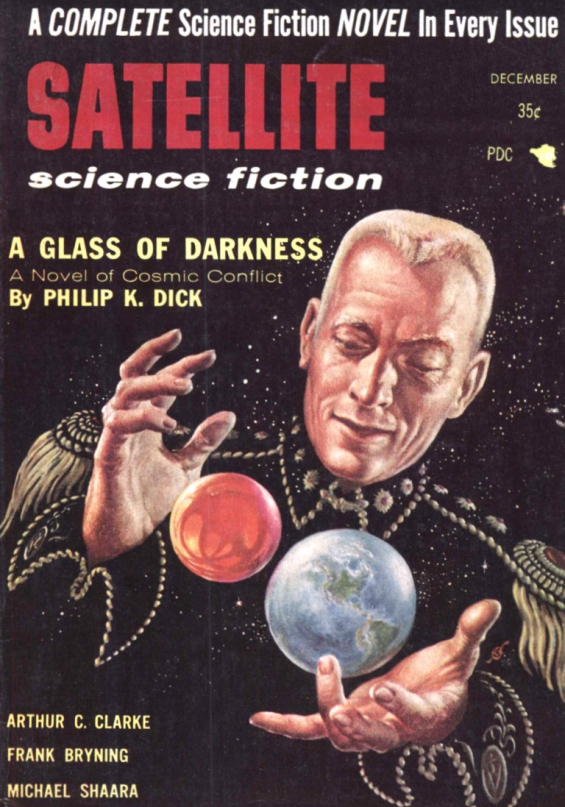
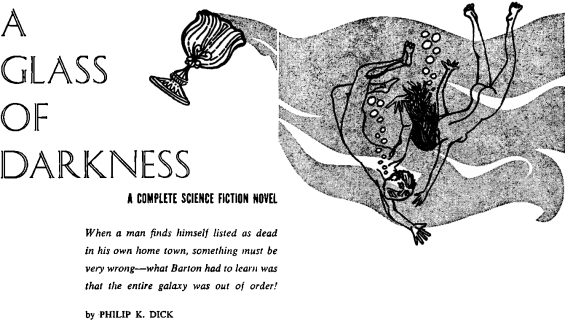
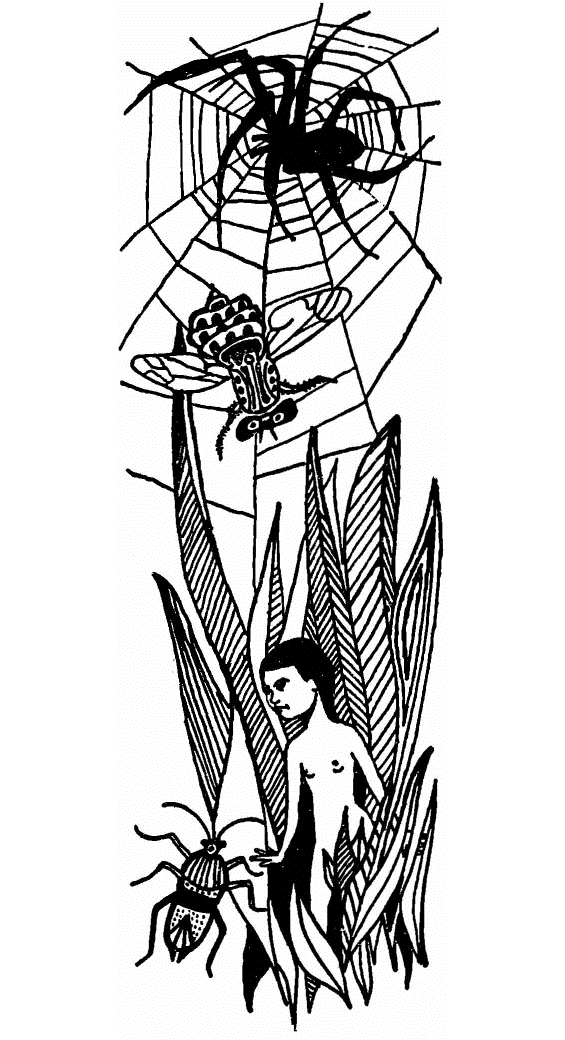
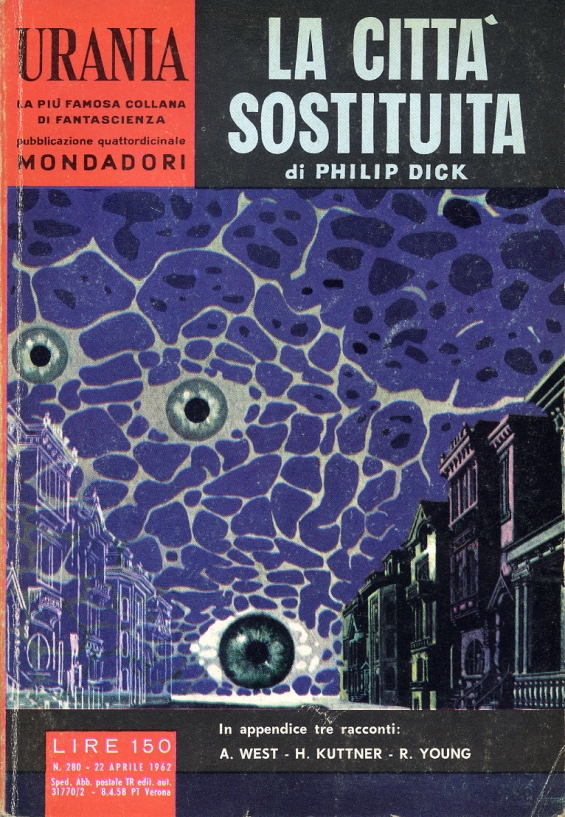
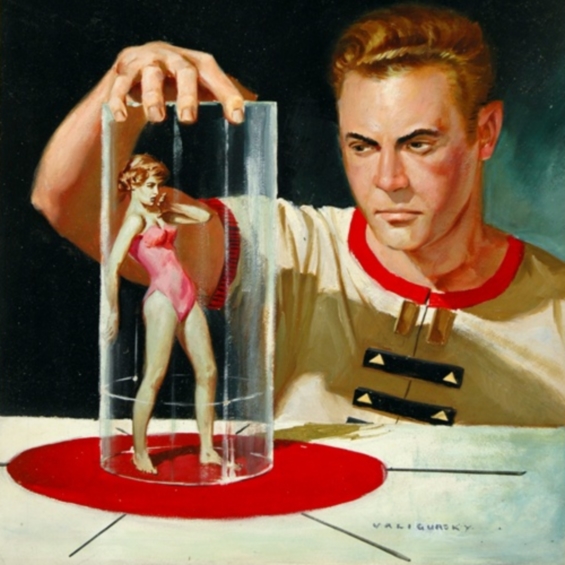
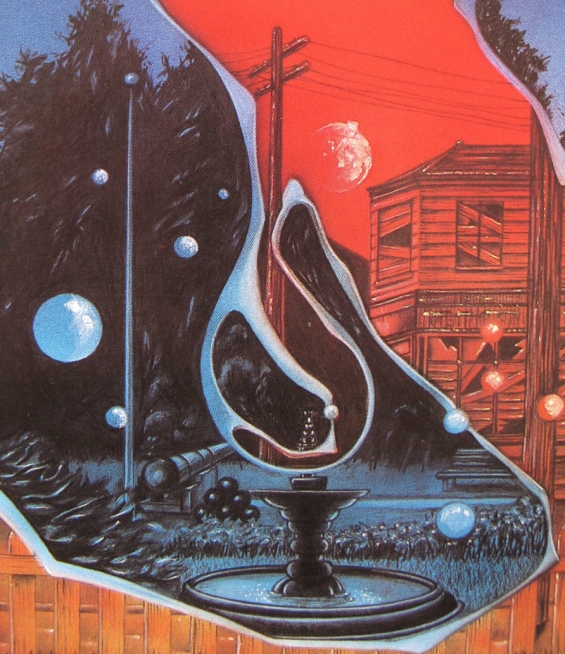
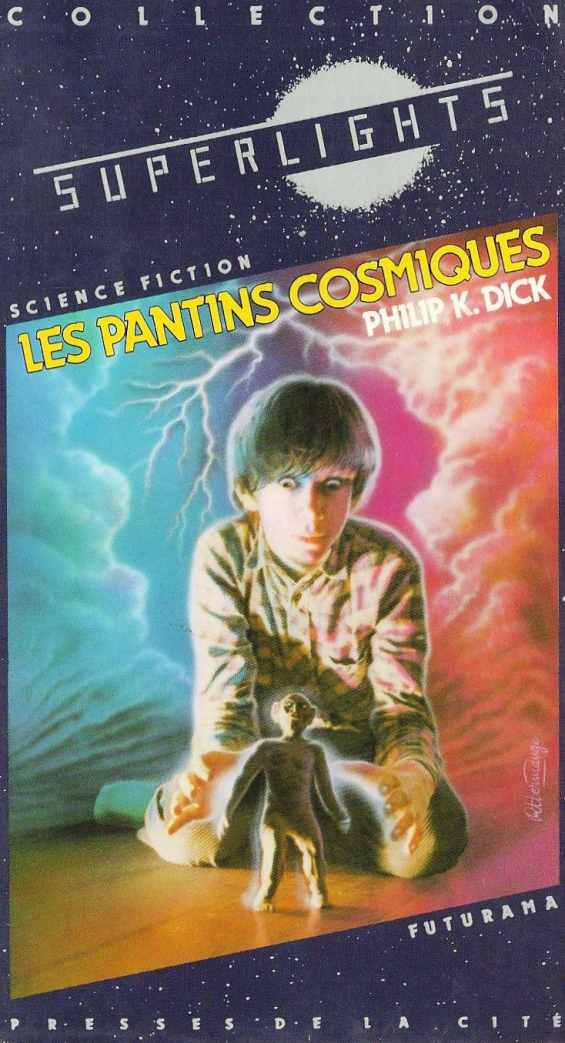
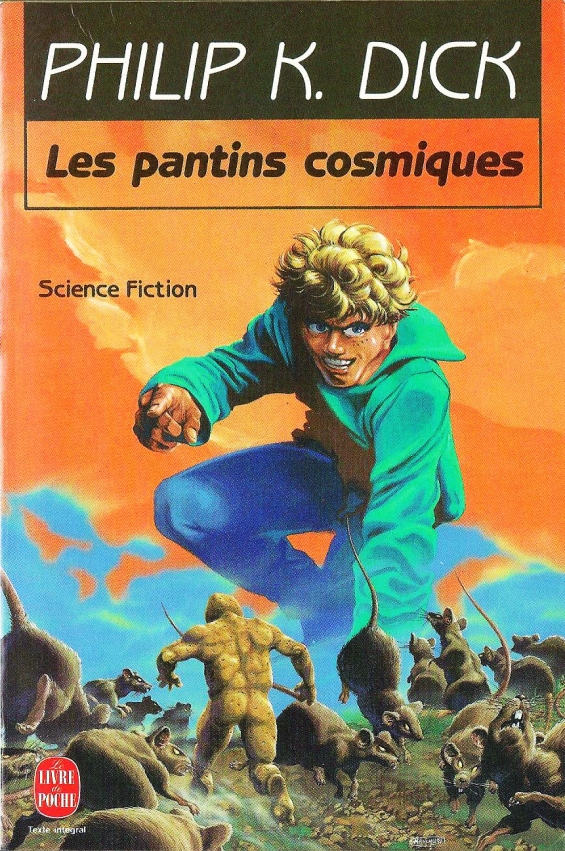
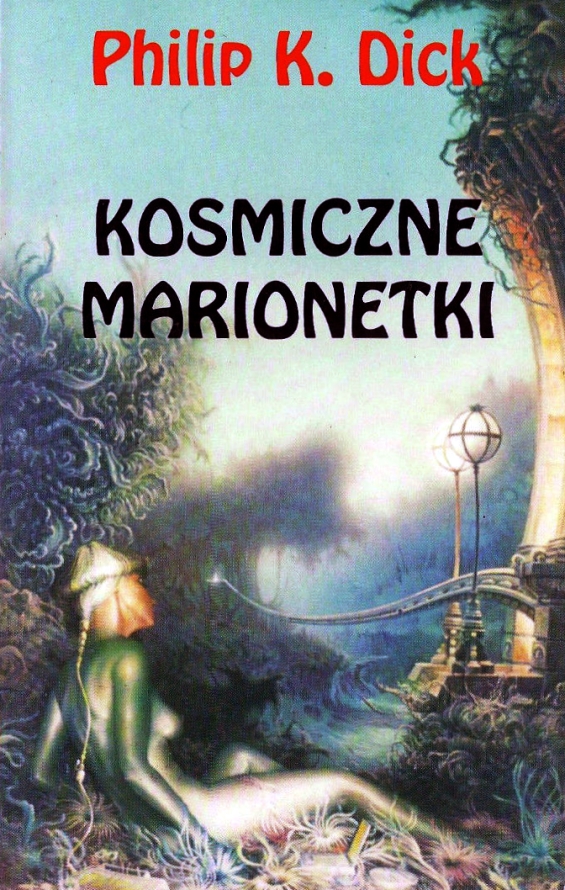
Posted by Jesse Willis

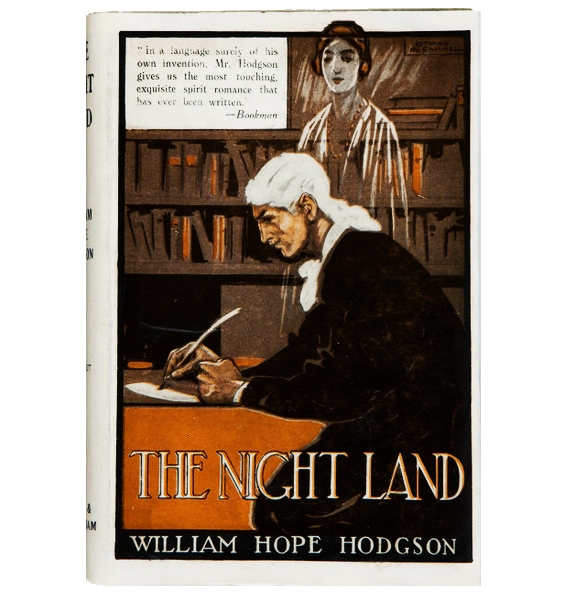

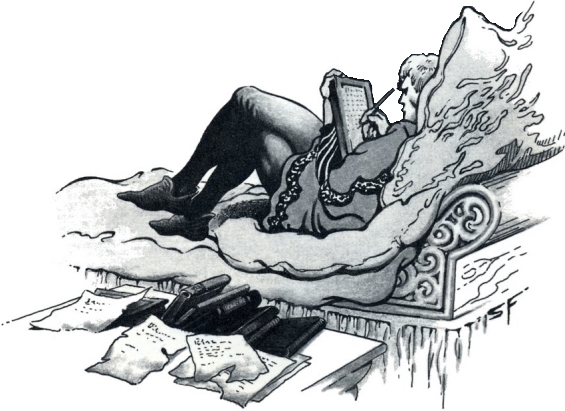
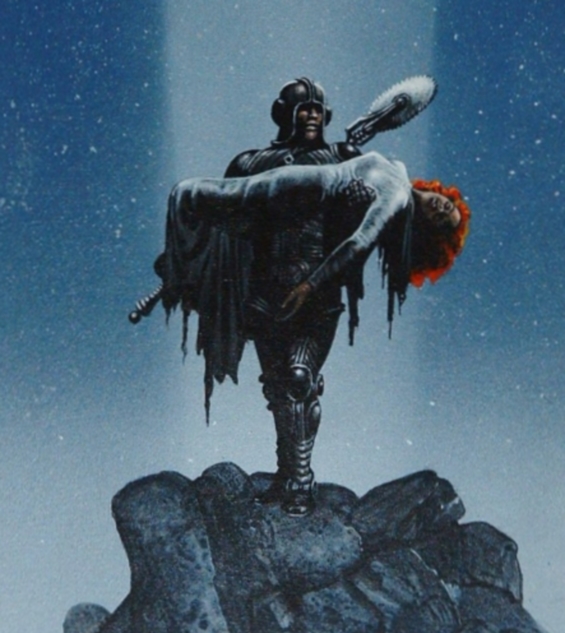
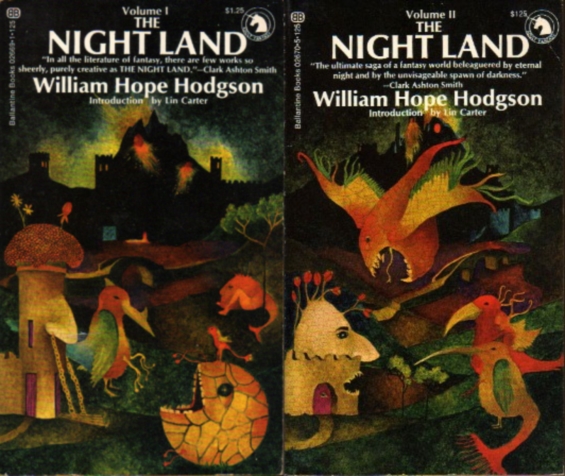
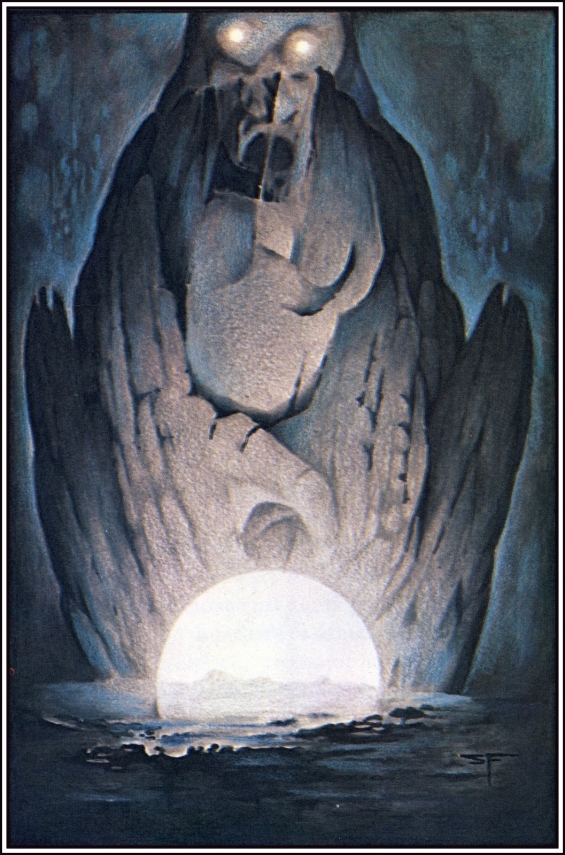
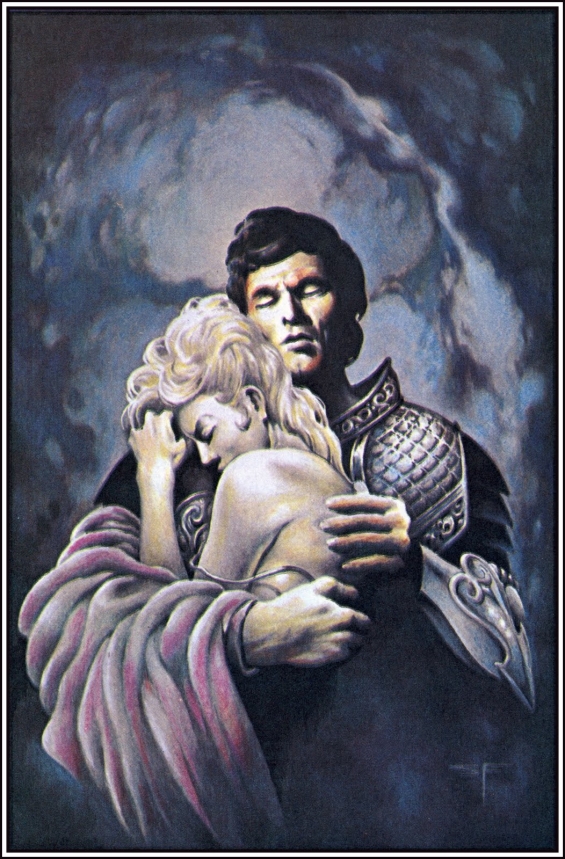
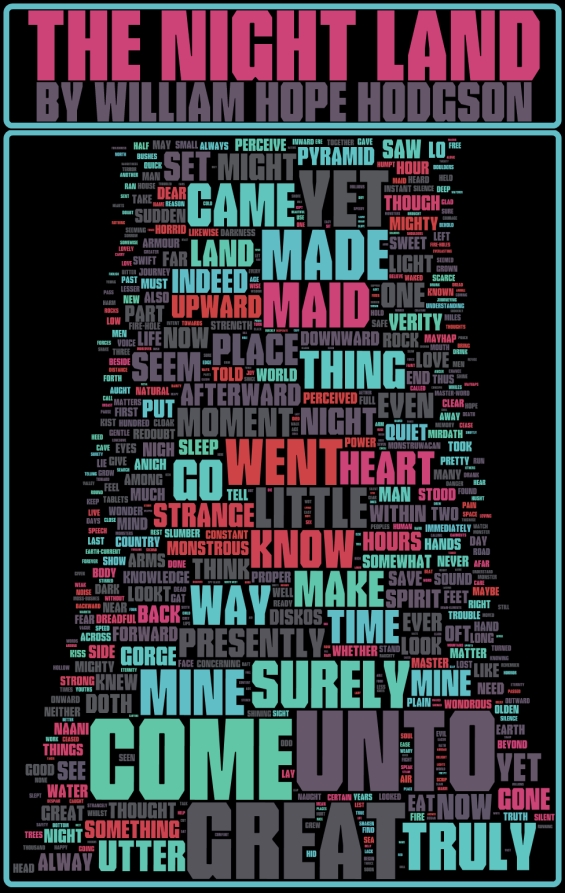
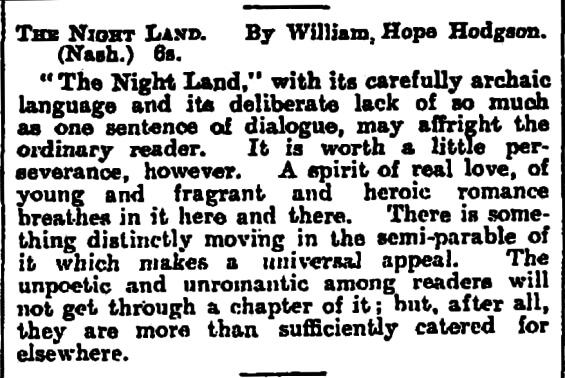

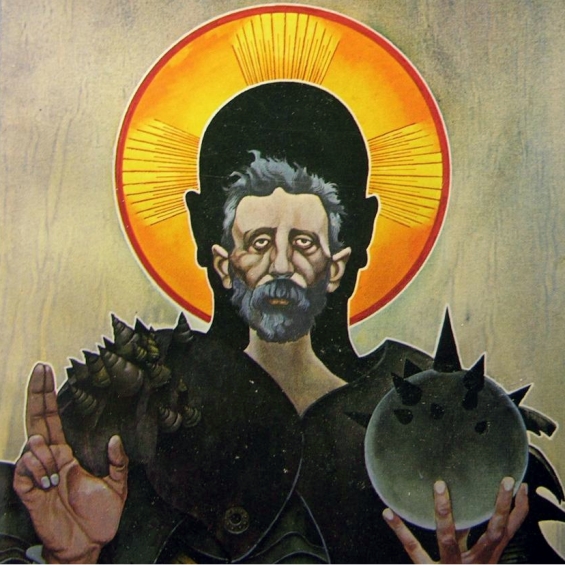
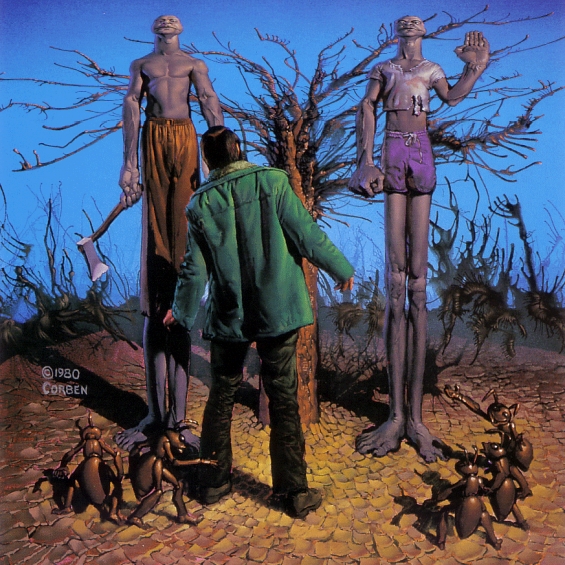
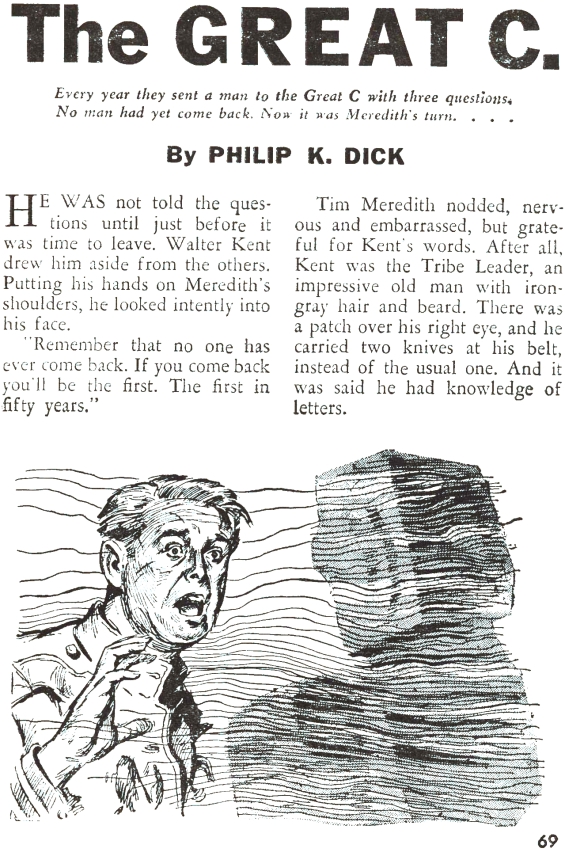
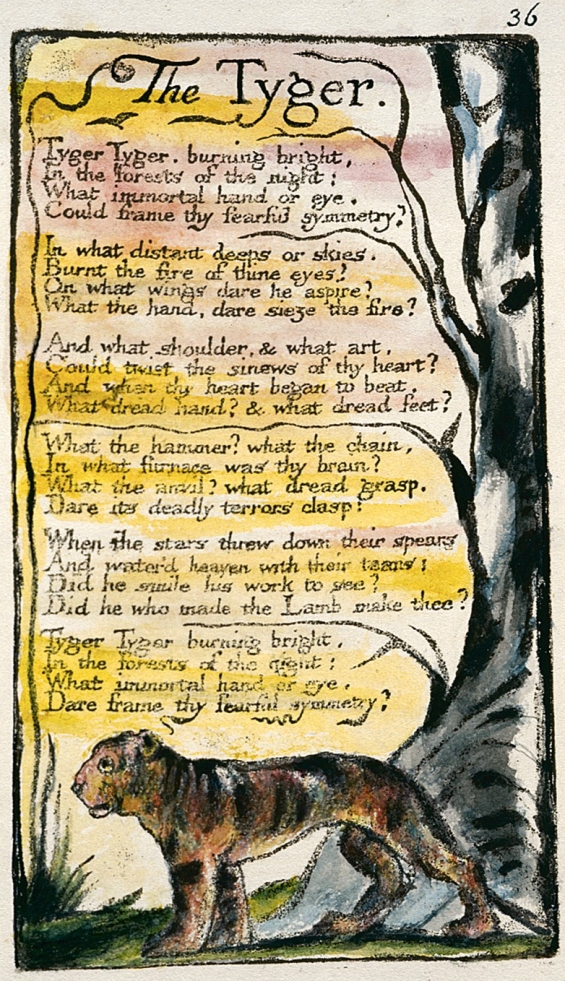

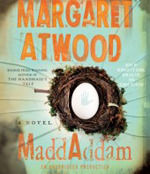 MaddAddam (MaddAddam #3)
MaddAddam (MaddAddam #3)
